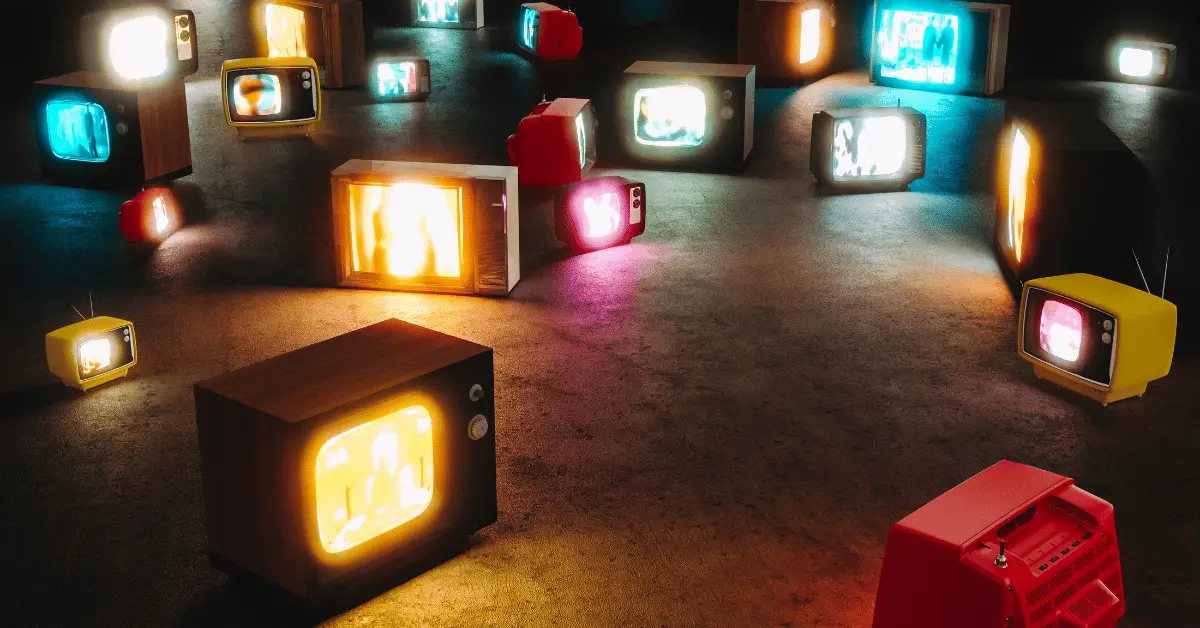Watching TV on a projector can be a fun and immersive experience, especially if you have a large screen and high-quality sound system. Setting up a projector to watch TV can seem daunting at first, but with the right equipment and a bit of know-how, it’s relatively simple. In this guide, we’ll walk you through the step-by-step process of how to set up a projector to watch TV, including instructions on connecting cables, selecting the right input, and optimizing the picture quality. Whether you’re a seasoned home theater enthusiast or a beginner, this guide will help you get the most out of your TV viewing experience on a projector.
Table of Contents
How To Set Up A Projector To Watch TV?
Projectors are a great way to enjoy a big-screen viewing experience in your home, and they can also be used to watch TV shows and movies. If you’re wondering how to set up a projector to watch TV, we’ve got you covered. Here’s a step-by-step guide on how to connect your TV to a projector and optimize the picture quality for an immersive viewing experience.
Step 1: Choose the right projector and screen
Before you set up your projector, make sure you have the right equipment. Choose a projector that has the right brightness and resolution for your viewing needs, and make sure you have a compatible screen or wall to project onto.
Step 2: Connect the cables
Once you have your projector and screen ready, it’s time to connect the cables. You’ll need an HDMI cable to connect your TV to the projector. Plug one end of the HDMI cable into the HDMI output port on your TV and the other end into the HDMI input port on your projector.
Step 3: Set up the input source
Once the cables are connected, turn on your TV and projector. You’ll need to select the right input source on your projector to see the TV image. Use the remote control or the menu buttons on the projector to select the HDMI input source.
Step 4: Adjust the projector settings
After selecting the input source, you may need to adjust the projector settings to optimize the picture quality. This can include adjusting the brightness, contrast, and color settings to get the best possible image.
Step 5: Enjoy your TV on the big screen
With the cables connected and the projector settings adjusted, you’re ready to enjoy your TV shows and movies on the big screen. Sit back, relax, and enjoy the immersive viewing experience that a projector can offer.
Things To Consider When Setting Up A Projector To Watch TV
When setting up a projector to watch TV, there are several things to consider to ensure the best viewing experience. Here are some factors to keep in mind:
- Brightness: Make sure the projector you choose has sufficient brightness to project a clear and vivid image in the room where you plan to use it. The brightness needed can vary depending on the size of the screen and the ambient light in the room.
- Resolution: The resolution of the projector will determine the quality of the image it produces. Choose a projector with a resolution that matches your viewing needs and the screen size you plan to use.
- Screen or wall: The surface you plan to project onto can have a significant impact on the image quality. A proper projector screen will offer better image quality and color accuracy than projecting onto a plain wall.
- Cables: You’ll need an HDMI cable to connect your TV to the projector. Make sure the cable is long enough to reach from your TV to the projector without any tension.
- Sound: Many projectors come with built-in speakers, but they may not provide the best audio quality. Consider connecting external speakers or a soundbar for a better audio experience.
- Viewing distance: The distance between the projector and the screen or wall is important to ensure the right image size and clarity. Calculate the optimal distance based on the projector’s throw distance and the screen size.
- Room lighting: The ambient light in the room can affect the image quality. Choose a room with minimal light, or use blackout curtains to block out any external light sources.
Conclusion
Setting up a projector to watch TV can provide a unique and immersive viewing experience. By considering factors such as brightness, resolution, screen or wall, cables, sound, viewing distance, and room lighting, you can ensure the best possible image and audio quality. With proper setup and consideration of these factors, you can enjoy a cinematic viewing experience right in your own home.

